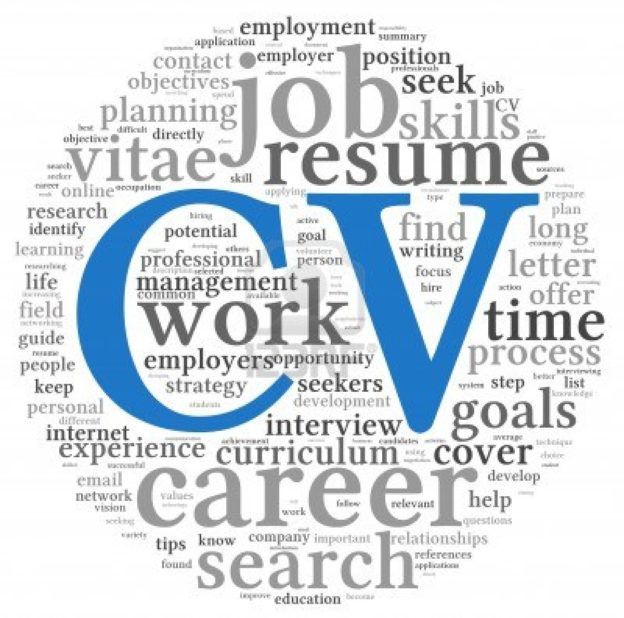Women and networking. Another hornet’s nest
Last week was a busy week for women! It started off with Katherine Bigelow winning an Academy Award for Best Director for The Hurt Locker, followed swiftly by International Women’s Day. Much was written about women’s roles, the progress they have made and the steps they could make in the future. Then the wives of the UK party leaders were launched into the pre-election build up as the political “hidden weapons”. Finally, sneaking in at the end of the week was an article in Times Online ” Why women are such bad networkers” by Antonia Senior.
Disbelief kicked in
Initially, I read it with disbelief and then truthfully with some irritation! Of course women are good at networking! What was she thinking when she said “women are not natural networkers”? This statement was key to her premise that women are less prevalent in board room positions because of their lack of “social capital” (connections) meaning that they are less likely to be head hunted for senior positions, because they seemingly know fewer people. Other serious and more meaningful issues were glossed over a little dismissively as a “range of complicated factors“.
But then I thought about the wider implications.
Women network all day, every day, in all their roles, whether professionally, as parents, as neighbours, as partners or socially. Do we really think that their failure to have a corner board room office is because of their reluctance to sip warm bubbly, nibble inferior canapés and exchange card ? If it was so simple, wouldn’t women be sending in their RSVPs to the nearest cocktail party quicker than the preparation of an “amuse bouche?”
You would have thought so – but seemingly they don’t. Why is that?
Naturally social
Women are generally natural communicators. We are social. We keep in touch. We build relationships. We have address books packed with names. We share information and make referrals willingly. We are active in all sorts of areas.
But An de Jonghe, Managing Partner at Women on Board, a Belgian initiative to facilitate women’s advancement to directorship roles in local enterprises, says ” … women are social rather than strategic networkers and very often network, not for their own purposes, but for the benefit of other people. Men network to meet their own professional goals. Today, it’s still a man’s world and we have to do everything we can to give ourselves an edge, to raise our visibility, even if it means attending receptions we don’t want to go to”
Social Media
Social media networking is perfect for women because it gives them the flexibility they need to combine key networking with other priorities and allows them to manage their ROR (Return on Relationships) and ROE Return on Energy) more effectively. The claim that they have not embraced social media for networking purposes to the same extent as men, flies in the face of the latest research figures released by Nielsen Wire.
Using mobile usage as a litmus test, women’s on-line networking contact is 10% greater than their male counterparts. 53% American women use social media with Facebook being the primary network of choice. Twitter users are not required to register their gender, but research has shown that women also lead the field in this sector too. 23 million women a year write, read and comment on blogs – the top of the social media pyramid.
Real questions
But once again these figures have a US bias rather than a European one, so there, both male and female usage alike, is not as high. But millions of women globally use social media for business purposes and anyone who is active on these platforms knows that! Forbes and Technorati have produced lists of women to follow in social media! Penny Power of Ecademy, Carrie Wilkerson – Barefoot Executive, and Sarah Brown – just to name a few more ladies who make intelligent use of social media. Some of the most aggressive marketeers on social media I think are actually women!
But de Jonghe suggests that these women are unfortunately only the visible tip of the iceberg . She firmly believes that the vast majority of women use social media for social reasons and not necessarily for professional advancement. In most geographies on LinkedIn the gender split is 43% women to 57% men.
Cyanide Hours
So why are women absent from male orientated networking events? The after work cocktails, boxes at soccer games or golf outings? After work receptions are frequently held in what I used to call affectionately the “cyanide hours” (dinner, homework, bath, bed). The pressures on women not to attend these functions are huge. But they are also making choices on how to spend their time.
De Jonghe feels that women need to take responsibility for sharing child care arrangements with their partners, so they are able to attend such functions. But with the rise of single parent families with the mother as the primary care giver, this is not always easy. Networking is time-consuming and women with families are simply not able to give up whole days to participate in the type of activities that Mark Twain suggests “spoil a good walk. ”
Perhaps this is why women’s networking groups are proliferating globally to connect with each other at various stages in their careers. In Belgium Jump has had a significant impact as well as the huge numbers of women’s networking groups in the UK, US and throughout the world – too many to mention here.
Effective Leverage
Another issue is whether women are more likely to leverage an emergency babysitter or a reliable plumber from their network, rather than a leg up the corporate ladder to a C – suite position? De Jonghe comments ” Women tend to sit quietly and do a good job and hope to be recognised and discovered. They are reluctant to take the initiative in the way that men do”
But networking is a two-way street. If the thesis is that women are not networking with CEOs (male) then the converse is also true. It also means that head hunters are not being creative and in the pursuit of “copy and paste” search methodologies, are not opening up their own networks to female candidates. With precious few women hovering under board level, the female talent pool is not huge and it would seem to be in everyone’s interest for that to happen.
Women need a strategy to identify sponsors who will advocate for them in a corporate setting. Companies also need to be more diverse and inclusive in the way they assess talent.
The male way
However, De Jonghe makes a further point that “while the guys sit cosily in their Board level positions, they are more than happy that women are absent. They have no reason to change the system. The old-boy network works fine for them”
So will the ladies have to play the networking game by male rules to make any steps forward? De Jonghe believes so. “Once they get those C– level appointments ” De Jonghe says ” women can change the system – but until then , they have to play the male game.”
In the meantime, while the status quo prevails, it would seem that we women have to be strategic and not just social in our networking efforts. Even if it involves being subjected to warm champagne .
What do you think?
Updated 2021
If your organisations wants to encourage your female talent to network strategically and build a Circle of Success – get in touch NOW!










